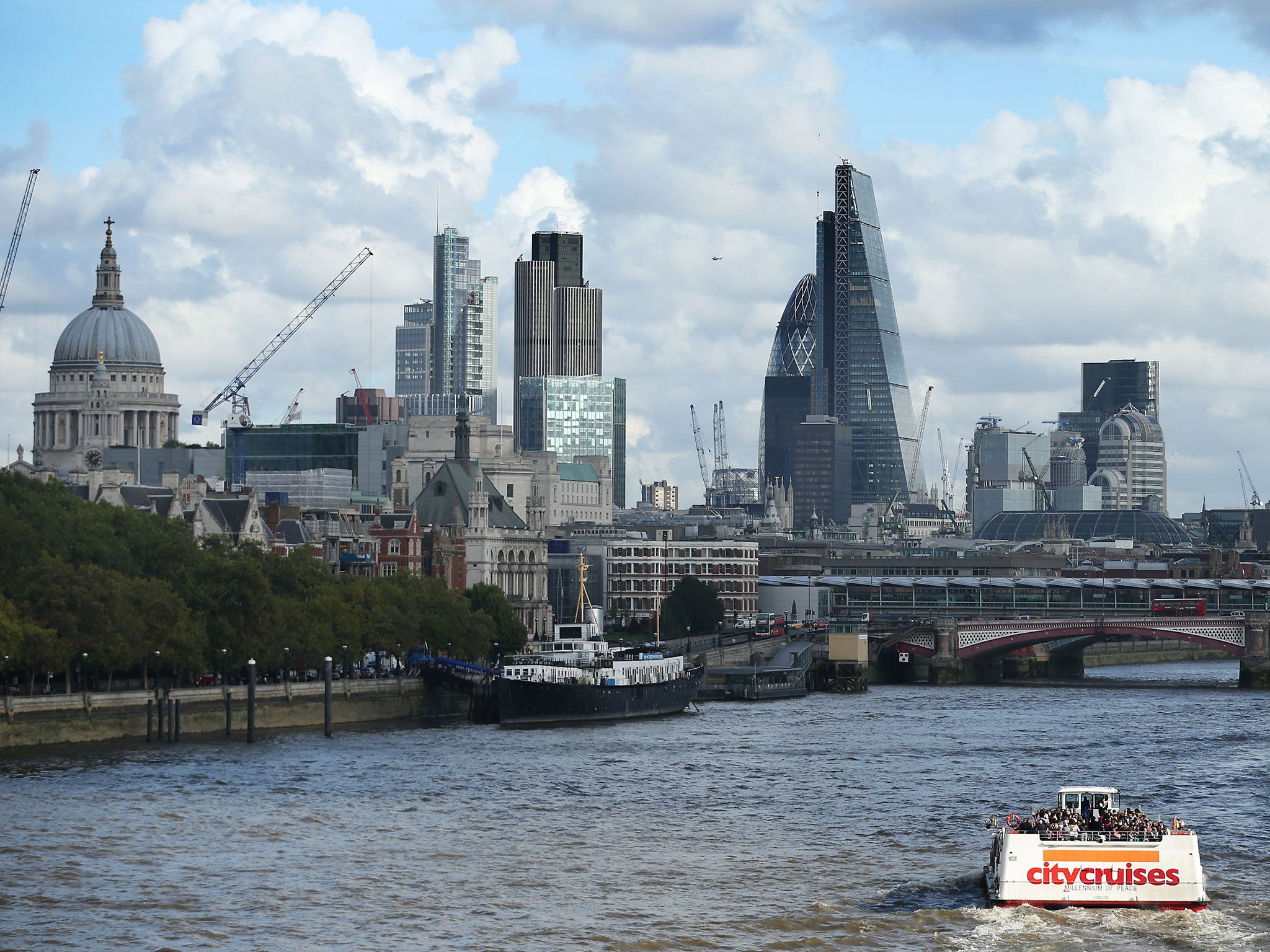UK growth rate set to fall in final official update before election
Retail sales fell 0.5 per cent in the month

The recovery is likely to have lost some momentum in the first quarter after retail sales figures disappointed in March, potentially creating a setback for Coalition parties in the final stages of the election campaign.
Retail sales, which represent around a fifth of all expenditure and is a bellwether of consumer activity, fell 0.5 per cent in the month, a significantly worse performance than City analysts had expected. The consensus had been for a 0.4 per cent increase.
Economists said this decline, along with sluggish construction, manufacturing and services output so far this year, was likely to pull down the overall GDP growth rate to 0.4 per cent in the first quarter when the preliminary estimate from the Office for National Statistics is released next week, just nine days before polling day. That would be a decline from the 0.6 per cent pace of growth in the final quarter of last year. Some said growth could come in still weaker.
“The monthly data all point towards sluggish Q1 GDP next Tuesday, not the sort of reading that the Coalition Government will be hoping for,” said Alan Clarke of Scotiabank.
Simon Wells of HSBC said the data “provides further evidence that economic activity in Q1 has perhaps not been as pumped up by the oil price fall as might initially have been hoped”.
However, others in the City argued that the underlying trend in retail sales was still robust. “We are not at all concerned by this apparent slowdown … as the retail sales series has been exceptionally buoyant in recent months,” said Philip Shaw of Investec. “The figures seem to represent a modest break from the relentless surge in sales since last autumn and are not likely to represent a turning point.”
Michael Saunders of Citi noted that the weakness in retail sales in March was concentrated in sales by petrol retailers which can be volatile.
The final public finances figures before the election also provided some better news for the Conservatives. Borrowing in March came in at £7.4bn. This was slightly worse than the £7.1bn expected. But borrowing for February was revised down, leaving the 2014-15 deficit at £87.3bn, which was slightly lower than the Office for Budget Responsibility forecast in March. However, the Trades Union Congress pointed out that borrowing in the final year of this parliament was still £50bn more than George Osborne planned back in 2010.
“If the Government had missed its fiscal targets for 2014/15, it would not only have been embarrassing but would have facilitated attacks on the Conservatives about the overall credibility of their budget figures,” said Howard Archer, chief European and UK economist at IHS Global Insight.
Total current receipts in 2014-15 were £613.4bn, with the VAT take up 4.9 per cent on the previous year and income tax 8.1 per cent higher. Spending rose from £644.5bn to £648.5bn.
Subscribe to Independent Premium to bookmark this article
Want to bookmark your favourite articles and stories to read or reference later? Start your Independent Premium subscription today.

Join our commenting forum
Join thought-provoking conversations, follow other Independent readers and see their replies